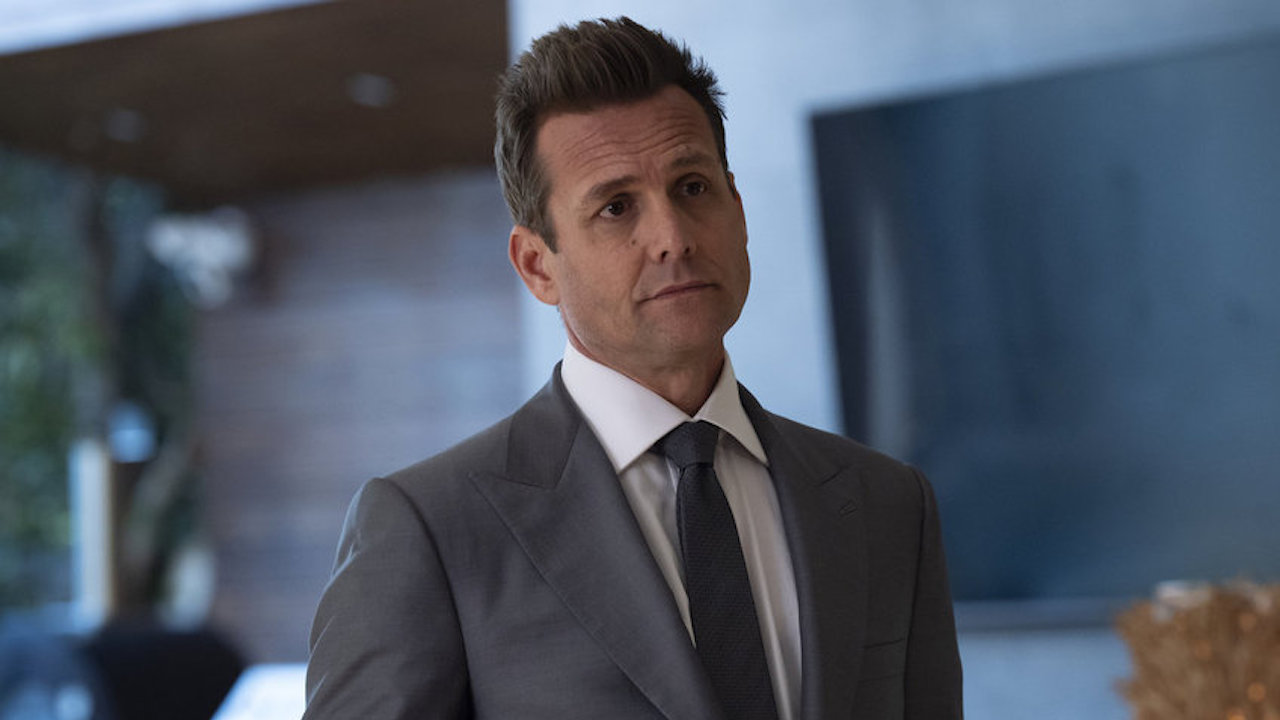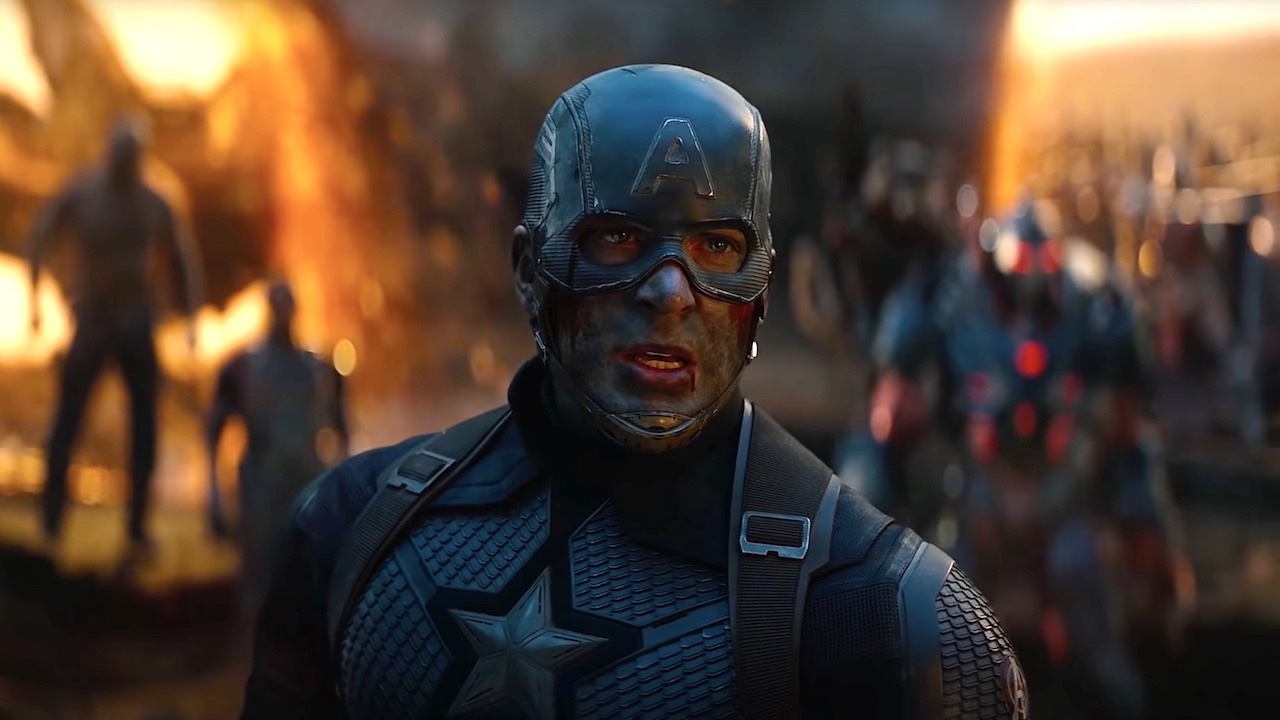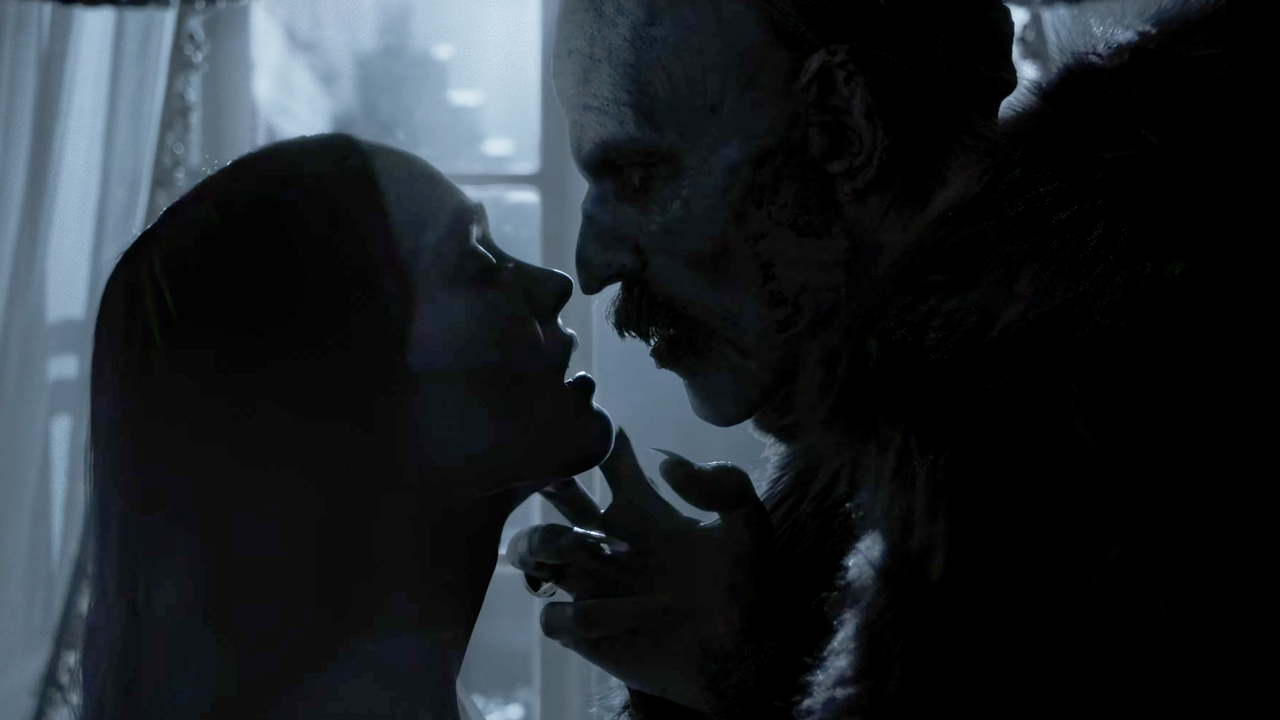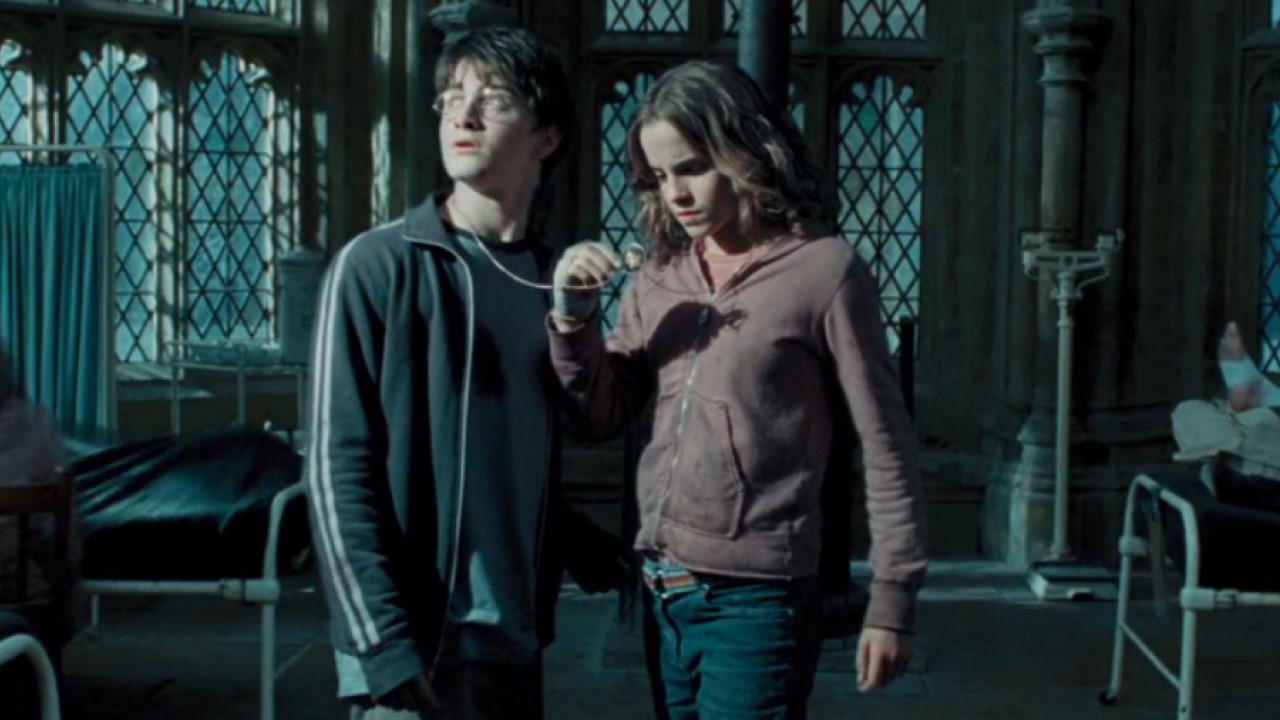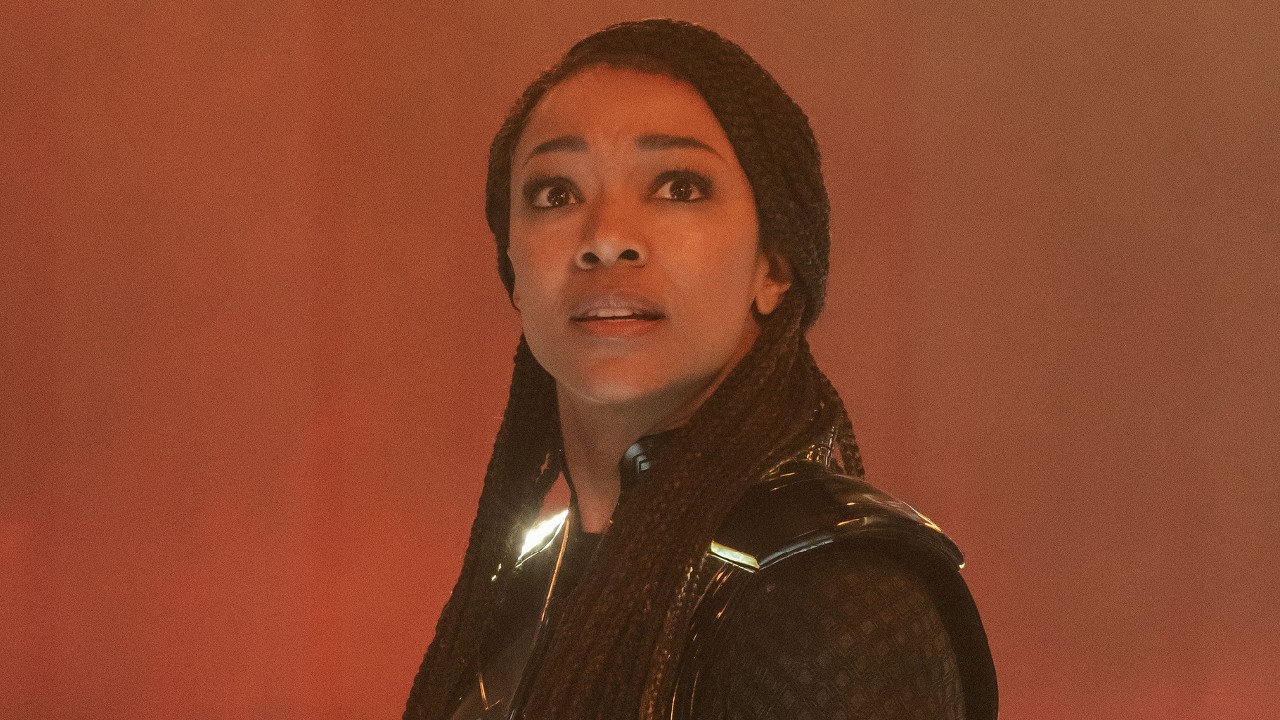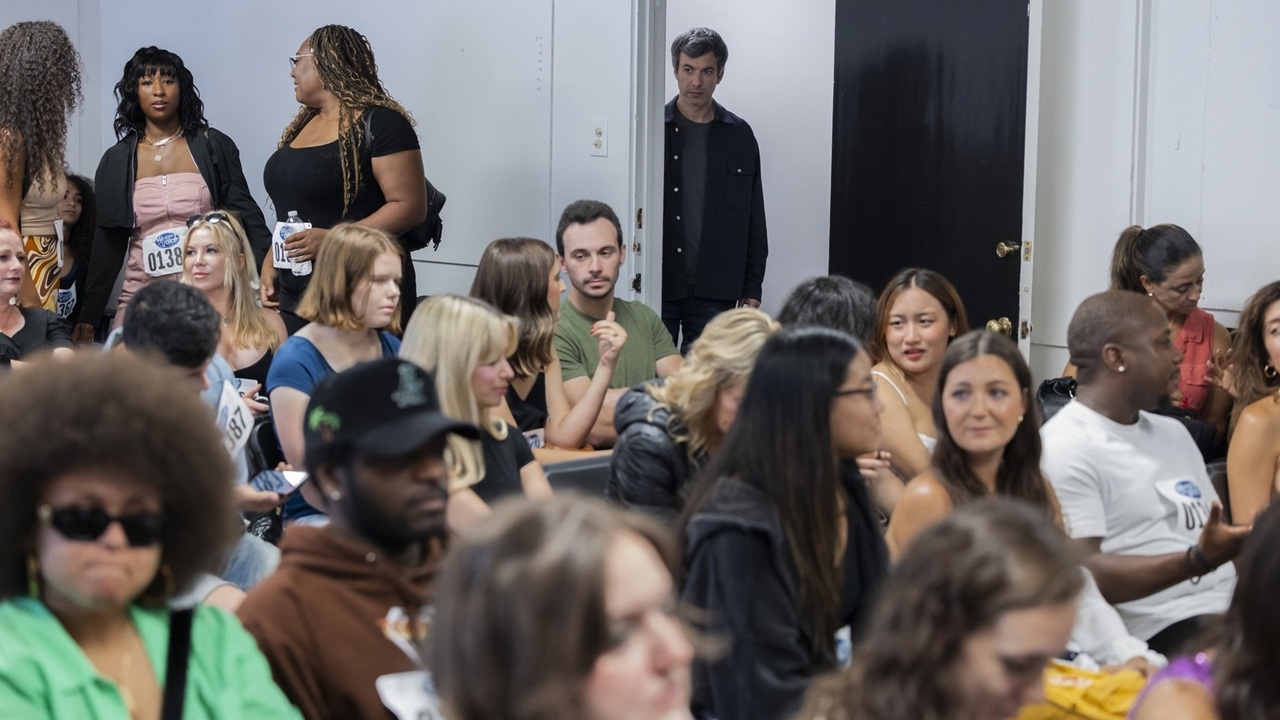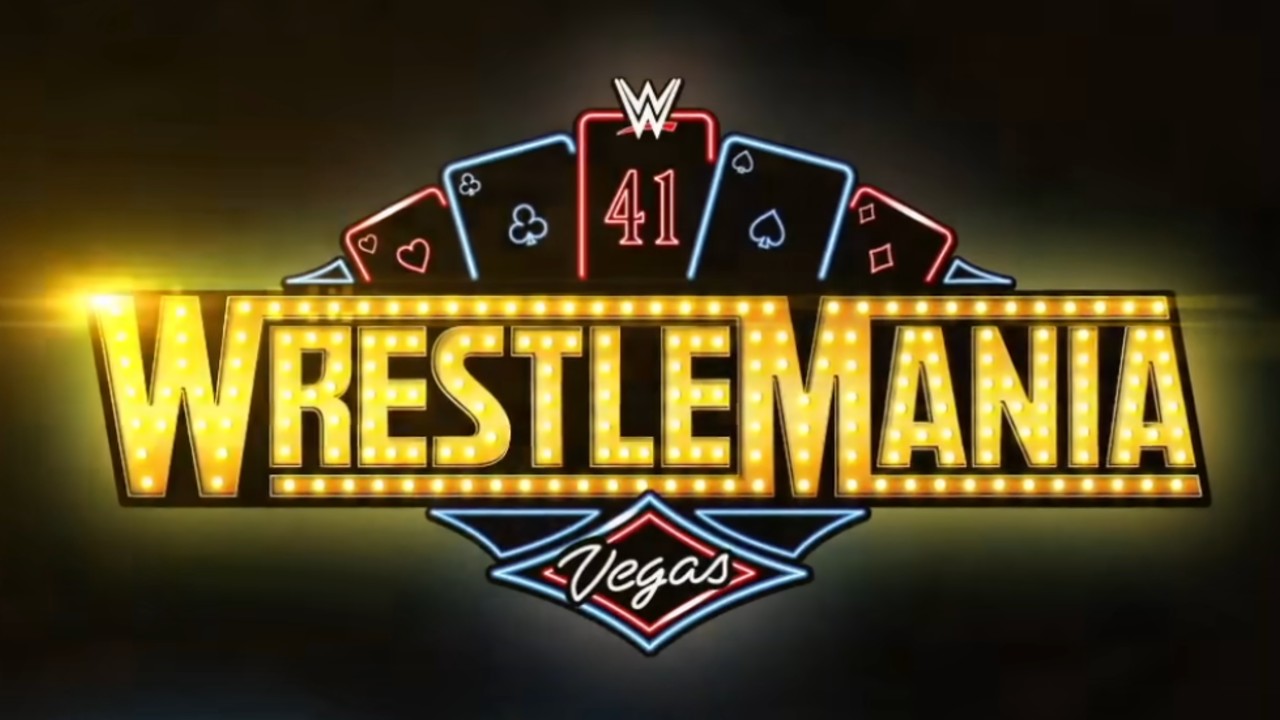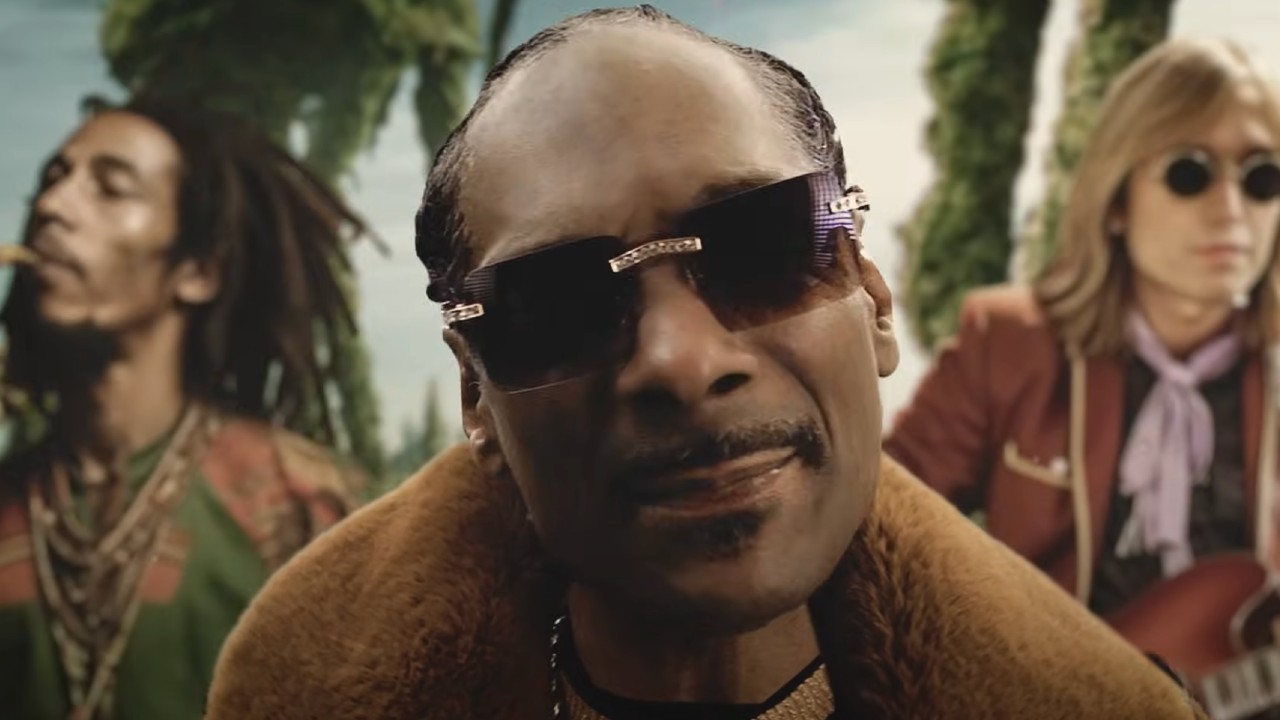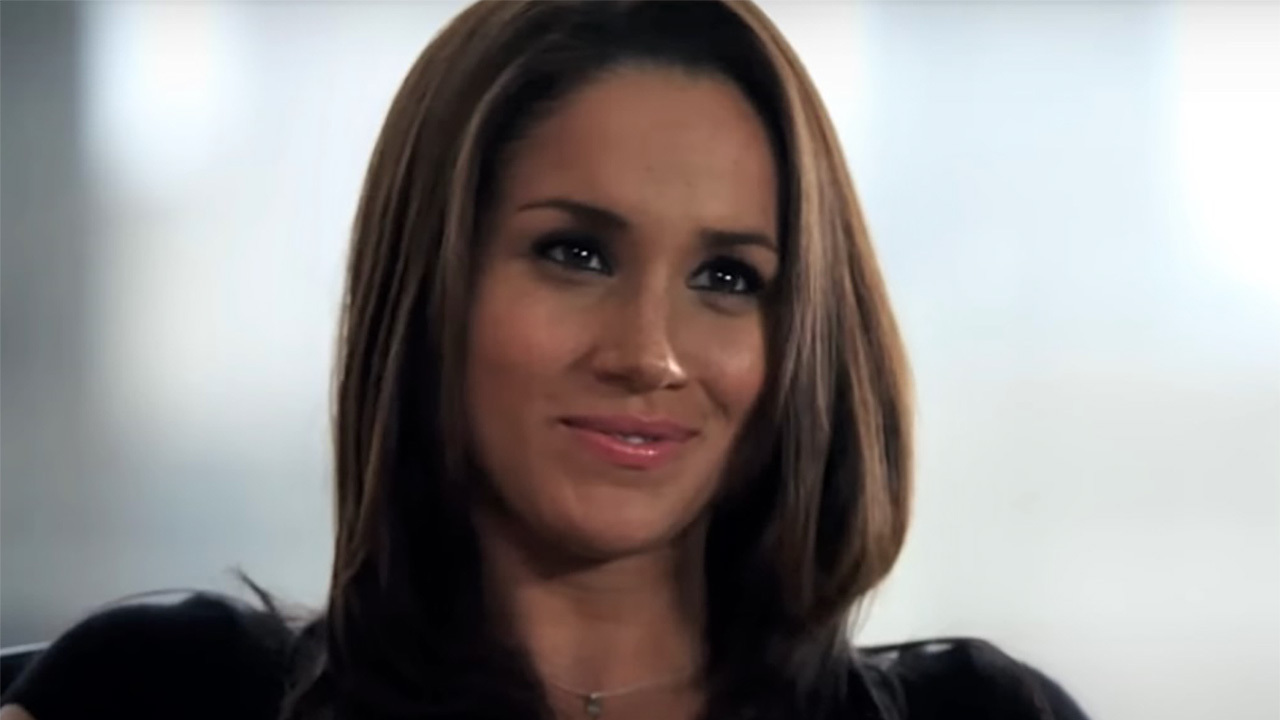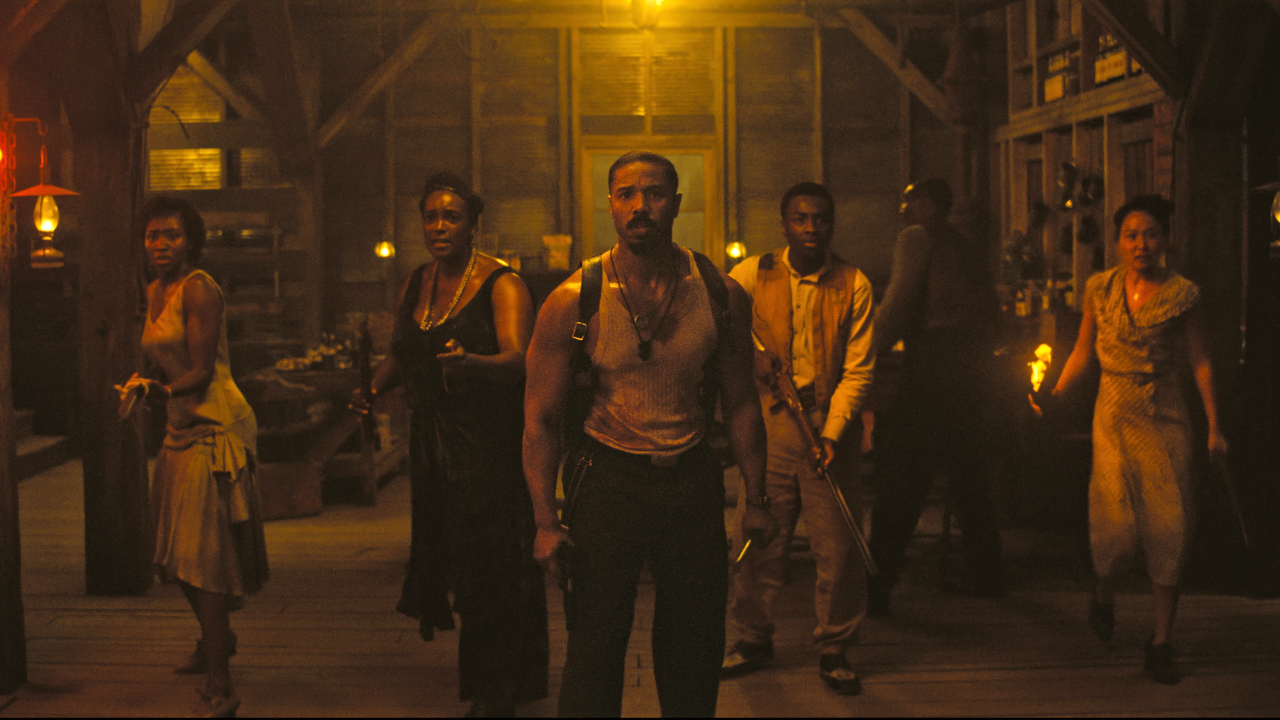Animation Vertigo Interview: The Motion Behind Call Of Duty, Heavy Rain And God Of War
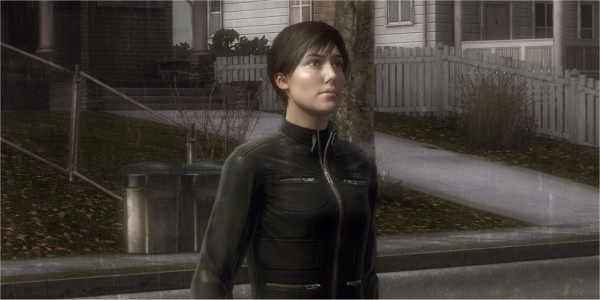
Do you enjoy those awesome scripted sequences involving lots of big Hollywood style, Michael Bay explosions and people running around all dynamically reacting like some summer blockbuster action flick? Well, chances are that enjoyment is derived from the hard work of a middleware contract company going by the name of Animation Vertigo – a company who handles all those big scripted, motion-capture sequences in the AAA titles that make billions of dollars each year.
We managed to get in a brief interview with Marla Rausch, the CEO of Animation Vertigo – a company who is doing the rare feat of maintaining a studio of 35 fully employed editors. That's right, in a corporate world dominated by outsourcing and commission or contract-based work, Marla Rausch is doing things very differently at Animation Vertigo, which is based in her home country of the Philippines.
Just a little bit of info before you get into the nitty gritty: The motion capture studio has been around for more than a decade and caters to just about every sector within the entertainment industry, ranging from movies and television productions, to video games and advertisements. Some of their latest projects includes Quantic Dream's highly celebrated and award-winning Heavy Rain, as well as the $1 billion dollar Activision franchise, Call of Duty, including both Black Ops 1 and Black Ops 2. So yeah, they have some serious entertainment weight behind them. Check out the rest below.
Gaming Blend: Starting out as a motion capture company, what was that process like trying to get contracts and working with media studios?
Marla Rausch: This question made me smile! It has been awhile since I thought about how Animation Vertigo first began. We were fortunate to have worked in partnership with our very first client because they taught us a lot and helped us develop our communication, feedback and production processes. When we began gaining new clients, we were more aware of what they were looking for and their concerns. We quickly understood that it’s not just about the quality of your work, but how you work and interact with the teams. Your work may speak volumes for you, but more often than not, it’s how comfortable the client is with you and how you connect that can help you win the contract.
Gaming Blend: And what were some of the first projects that Animation Vertigo took on?
Rausch: Some of our first projects we were privileged to work on were Socom: US Navy Seals, NBA 07, Soldier of Fortune: Payback, and God of War.
CINEMABLEND NEWSLETTER
Your Daily Blend of Entertainment News
Gaming Blend: A lot of people may not be familiarized with Animation Vertigo, but you've worked on some pretty big projects in the media entertainment industry over the years. What was your most challenging project to date?
Rausch: I think each project has its own character and challenge – sometimes it’s the short turnaround time, in other cases it’s the volume of captured data that we have to work through. Lately, it’s working through performance capture data where there are both body and face markers on multiple actors. But through it all, after what can be the most arduous crunch time, it’s pretty gratifying to see the results. The appreciation the teams share when you do meet their milestones is wonderful to see. It’s that partnership that I value most because it takes everyone doing their best and pushing hard to produce something the whole team can be proud of. We’ve been very lucky to have been involved with some of the best games in the market.
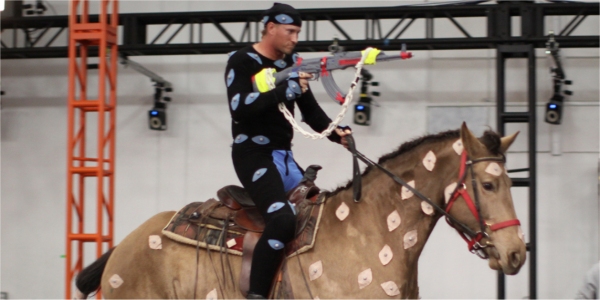
Gaming Blend: Given that movies, games, commercials and everything else in between seem to require motion capturing at one point or another, which sector within the media industry has been your biggest client (between game publishers, movie studios or ad agencies) and which one has demanded the most effort?
Rausch: Games make up the largest part of my roster, but Animation Vertigo has experience in film and commercial work as well. That said, more and more demand in motion capture for gaming is getting closer to the artistry, complexity and cinematography of film. As I’m sure the demands for animation that is realistic and artistic extends through all media, the effort to produce at the highest quality and reasonable cost is shared by everyone.
Gaming Blend: It was mentioned that AV now has 35 dedicated, full-time employees. How did you manage to get away from the contract-only working atmosphere in the entertainment market, especially when a lot of companies are focusing more and more on contract-based employment opportunities, and what prompted for that decision?
Rausch: When I dreamed up Animation Vertigo, I intended to offer full-time work to motion capture editors. Initially, I knew that having a staff of full-time employees would be beneficial for the protection of proprietary and confidential information of my soon-to-be clients. An immediate second to that, was the desire to give a great opportunity to the excited and talented artists of the Philippines, my home country. It was a process of course, growing as the need demanded it so that we didn’t carry too much during downtimes.
Now that Animation Vertigo has established a reputation for excellence as a service provider and we have a workforce available 24/6 allowing us to produce high quality animation with a quick turnaround time, downtime is now few and far between. By doing great work, clients depend on us and we’re able to maintain a full-time staff that we don’t over-extend - its good all around.
Gaming Blend: In today's climate of digital entertainment, we're seeing all sorts of emerging technology that might seem to challenge third-party motion capture studios. How does your firm manage to stay on the competitive edge when there's middleware like Cube Motion, Face Works or iPi Soft's markerless animation and motion technology out there, allowing studios to sometimes bypass mo-cap firms to do their own in-house animations at cost-effective rates?
Rausch: Staying on the competitive edge is one of the things I really like about the motion capture industry – technology always changes, things are added and we are able to do a lot of things faster. That said, I don’t think it’s a matter of by-passing mocap, but working together and forging partnerships to produce a quality piece. At the same time though, we know that our bigger clients depend on stable and reliable pipelines that’s been tried and tested to get their animations done. We continue to work as a partner for our clients, keeping abreast the software and hardware trends in the market and making sure we are always in line with what is in our clients best interest.
Gaming Blend: Is it possible to talk about some of your upcoming projects, and maybe a few projects that readers might expect to see some of Animation Vertigo's motion capturing at work?
Rausch: This is my favorite kind of question because I am I’m super excited about the things we’re currently working on. I can’t wait for Animation Vertigo’s newest projects to be announced, so we can say that we were a part of it. Unfortunately, the work we do is early on in the process of production, so we really can’t say anything [about] this quite yet. As you can see, part of the way we keep our clients happy is by keeping our mouth shut…when we can though, you’ll know when Animation Vertigo is part of something.
Our thanks to Animation Vertigo's CEO, Marla Rausch, for taking time out to answer a few of our questions. We'll keep you updated on future projects involving Animation Vertigo as soon as the NDA (on their end) allows us to talk about it. For more information feel free to visit the Official Website.
Staff Writer at CinemaBlend.
I'm Heartbroken To Learn That My Favorite Bit Of Trivia Connecting The Goonies With Back To The Future Isn't True
Sinners Ending Explained: Why The Door Is Open For Potential Sequels, And Why I Have Mixed Feelings
90 Day Fiancé: Matt's Latest Comments About The Throuple Situation Have Me Scratching My Head


